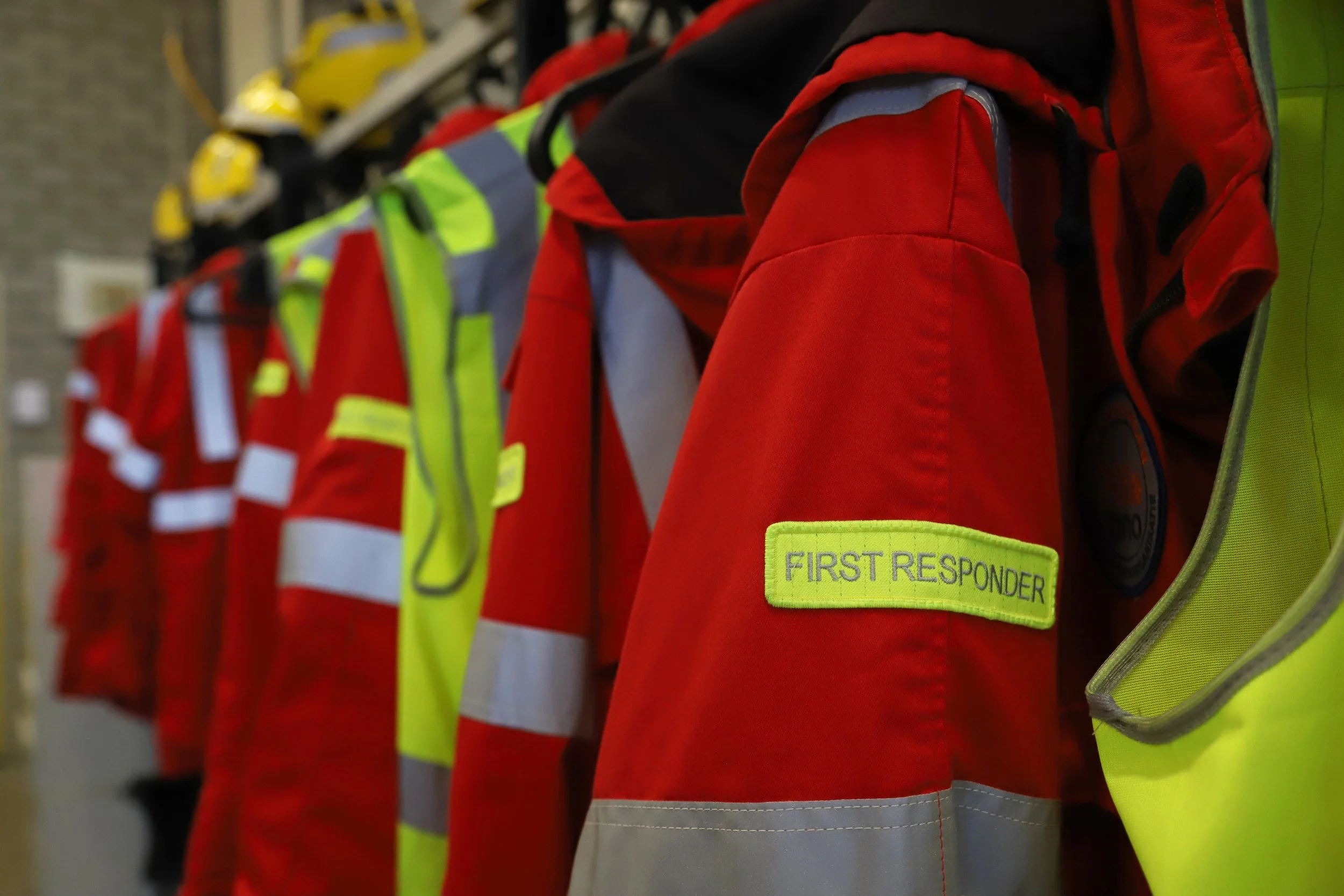First responders, including police officers, firefighters, paramedics, and emergency medical personnel, play a crucial role in our society. They rush to the scenes of accidents, fires, medical emergencies, and disasters to protect and save lives. However, the very nature of their work exposes them to traumatic and stressful situations daily, often leading to mental health challenges, including Post-Traumatic Stress Disorder (PTSD). In this article, we will explore the impact of PTSD on first responders and highlight the importance of mental health resources in providing them with the support they need to cope with the demands of their challenging profession.
The Silent Struggle: PTSD Among First Responders
First responders are often regarded as heroes, and rightly so, for their selfless dedication to public safety. Yet, behind the scenes, many of them silently struggle with the psychological toll of their work. PTSD is a mental health condition that can develop in individuals who have experienced or witnessed traumatic events. For first responders, these events can include everything from responding to violent crimes, witnessing fatal accidents, or battling life-threatening fires.
The prevalence of PTSD among first responders is alarmingly high. According to research conducted by the Substance Abuse and Mental Health Services Administration (SAMHSA), approximately 30% of first responders develop behavioral health conditions, including PTSD and depression. These conditions can significantly impact their personal lives, job performance, and overall well-being.
The Stigma Surrounding Mental Health
Despite the increasing awareness of mental health issues, there remains a significant stigma surrounding mental health challenges in the first responder community. Many first responders fear that acknowledging their mental health struggles could jeopardize their careers or damage their reputations. As a result, they often suffer in silence, avoiding seeking help when they need it the most.
However, the consequences of untreated PTSD and mental health issues can be severe. It can lead to self-destructive behaviors, substance abuse, strained relationships, and in the worst cases, even suicide. Recognizing the importance of addressing these issues is essential for the well-being of first responders and the communities they serve.
Mental Health Resources for First Responders
Fortunately, there is a growing recognition of the need to provide first responders with the mental health support they deserve. Many organizations, both public and private, have taken steps to develop specialized resources and programs tailored to the unique needs of first responders.
1. Peer Support Programs: These programs train experienced first responders to provide emotional support and guidance to their colleagues.
2. Counseling and Therapy Services: Access to confidential counseling and therapy services is crucial for first responders.
3. Employee Assistance Programs (EAPs): EAPs offer a wide range of services, including counseling, crisis intervention, and referrals to specialized mental health providers. They provide a safe and confidential avenue for seeking help.
4. Training and Education: Mental health awareness training is becoming more common in first responder organizations. Training programs aim to educate personnel about the signs and symptoms of mental health conditions and how to support themselves and their colleagues.
5. Legislation and Policy Changes: Some states and regions have implemented legislation to ensure that first responders receive adequate mental health coverage and support.
Conclusion
First responders are the backbone of our communities, putting their lives on the line every day to protect and save others. It is our collective responsibility to ensure they receive the mental health support they need to cope with the challenges of their profession. PTSD and other mental health conditions should not be viewed as signs of weakness but as natural responses to the extraordinary stressors they face. By offering resources, reducing stigma, and fostering a culture of mental health awareness, we can support our first responders in their efforts to protect and serve, ultimately saving those who save us.
For information about resources available to first responders, contact Monica Coleman at (405) 657-1422 or mcoleman@omag.org.Top of Form


